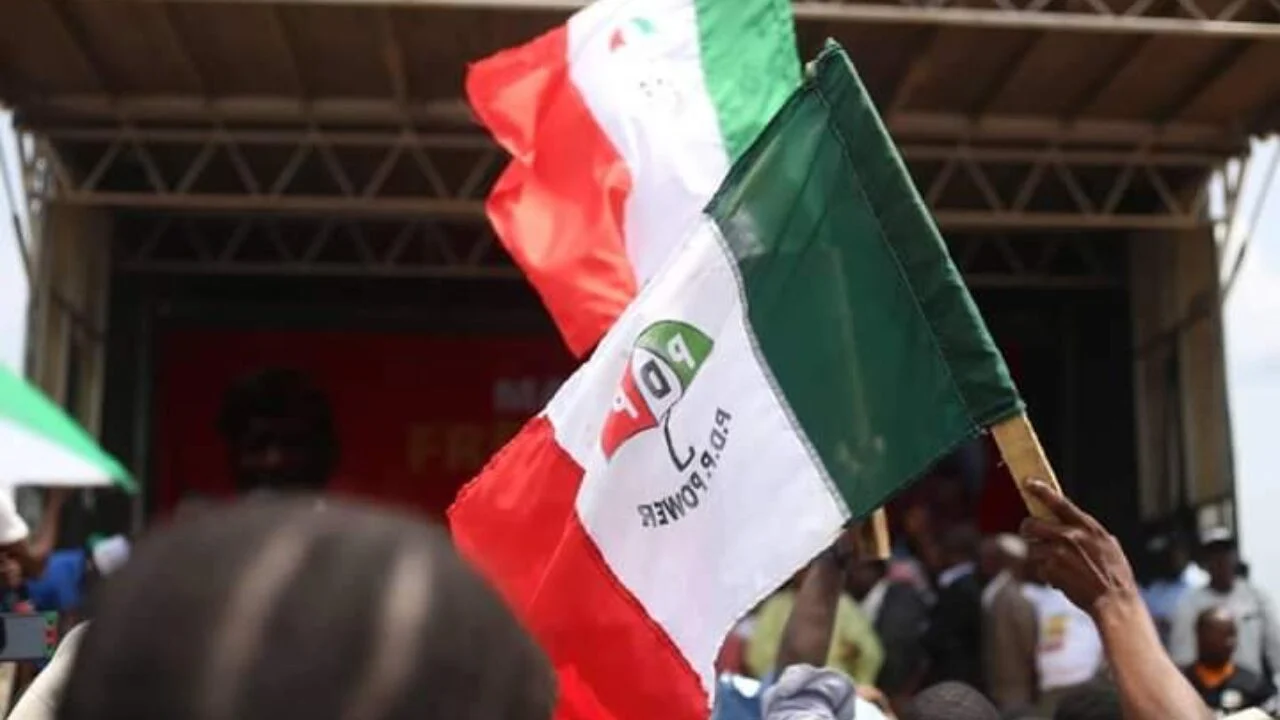By Oluwole Onemola
“Strike the shepherd, and the sheep will be scattered…” — Zechariah 13:7
In the penultimate paragraph of my last article, where I wrote about restructuring the Federal Executive Council to make it more efficient, I mentioned that “governance isn’t rocket science. Neither is it guesswork. It’s intentional, dynamic, and malleable to attain desirable outcomes.” As an avid student of politics and governance, I believe this.
In the same way, effective opposition politics does not happen by chance. It demands precision, intention, and most importantly, purpose. This is because opposition politics is like conducting an orchestra, it requires taking the time to invest in the process, possessing the organisational abilities to set various political mechanisms in motion, and offering alternative solutions to contemporary issues.
Let’s take a little trip down memory lane.
On January 17th, 1966, five days after United States President, Lyndon B. Johnson’s third State of the Union address to Congress, the Senate Minority Leader, Everett Dickson, and the House Minority Leader, Gerald R. Ford, recorded and broadcast a well-crafted response to President Johnson’s speech. This response, which lacked any constitutional backing, ended up establishing a historical precedent that has since been followed by both major parties in mainstream American politics.
Flying back across the Atlantic to the United Kingdom’s parliamentary system, we always see that after the Prime Minister’s cabinet is appointed, the Leader of the Opposition in parliament immediately designates Shadow Ministers, whose portfolios correspond with those of Government Ministers. The primary responsibility of these Shadow Ministers is to ensure the thorough examination, analysis, and formulation of alternative approaches and solutions to every action, policy, or program embarked on by the government of the day.
Unfortunately, here in Nigeria, since we returned to democratic rule in 1999, the only party that has effectively and holistically played the role of an opposition party is the current ruling party.
Before and after its formal establishment as an amalgamation of its constituent parts on February 6th, 2013, from every corner of the media — television, radio, social media, blogs, and especially newspapers, the then-opposition party, APC, held the government of the time accountable for every action or inaction. The same opposition soundbites on television, were re-echoed on radio, re-posted on social media, and rehashed as opinion pieces.
These coordinated efforts compelled the Jonathan administration — which was in power at the time — to take governance seriously. Ministers were fired for misconduct. Official inquiries were initiated for allegations of misdeeds. Public sentiment served as a gauge for determining certain actions, and people felt like they had a voice and a say in what happened in government. Certainly, certain opposition political strategies at the time were laced with significant propaganda — but what’s high-stakes politics without a touch of propaganda seasoning?
Fast-forward to the present day, and the opposition parties appear to embody the silence of peaceful lambs. This is because there is no coordination. Making isolated noise is not a strategy. Posting a few standalone tweets in the vast ocean of social media content is not a compelling political manoeuvre. And, most importantly, releasing enraged press statements — that nobody reads — is not an intentional solution.
For Nigeria to work, not just now, but in the long term, there must be balance in the order of things. There must be external oversight when entities seemingly become too big. There must be checks and accountability to promote transparency. There must also be coordinated efforts to provide meaningful alternative solutions that will yield improved governance for all.
Feet must be held to the fire for accountability. This is why, with the inauguration of the Federal Executive Council this week, it would have been intriguing to witness either the PDP or the Labour Party take the necessary step to appoint members who are well-versed in various cabinet-level positions as Shadow Ministers whose duties would include scrutinising the proposed actions of their counterparts in government and suggesting alternative approaches.
Additionally, both of the major opposition parties need to consider establishing a precedent of visual and audio rebuttals. Together or apart, whenever the President gets free air time to speak about his policies, these parties should push to also have their members speak about why the plan may or may not work — and how their party will go about addressing similar issues.
As someone once said: “Opposition is not only about power, or a lack thereof. Opposition is about influence. It is about proposing new ideas, which might get adapted” by the government in power. It is about showing the people that they always have an alternative.
Nobody wants to see Nigeria transform into a one-party state. Nobody wants a passive opposition. Everyone aspires to a vibrant democracy – and whether they acknowledge it or not, every individual, irrespective of their political perspectives, inclinations, or affiliations, will at some point in their lives require the nation to have a vigorous democratic system. This begins with having a competent opposition.
However, what we have on ground today is that the opposition party with a structure, seems to lack the ideas. While the opposition party that seems to have some ideas, lacks a convincing structure.
Clapping with one hand has never been effective. With that being said, I rest my case.
Oluwole writes from Abuja. He tweets at @Onemola —

 Join Daily Trust WhatsApp Community For Quick Access To News and Happenings Around You.
Join Daily Trust WhatsApp Community For Quick Access To News and Happenings Around You.



